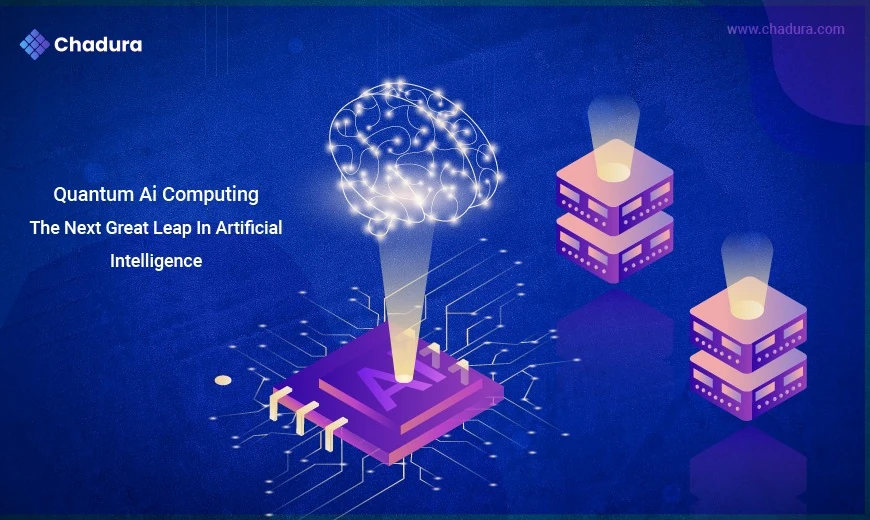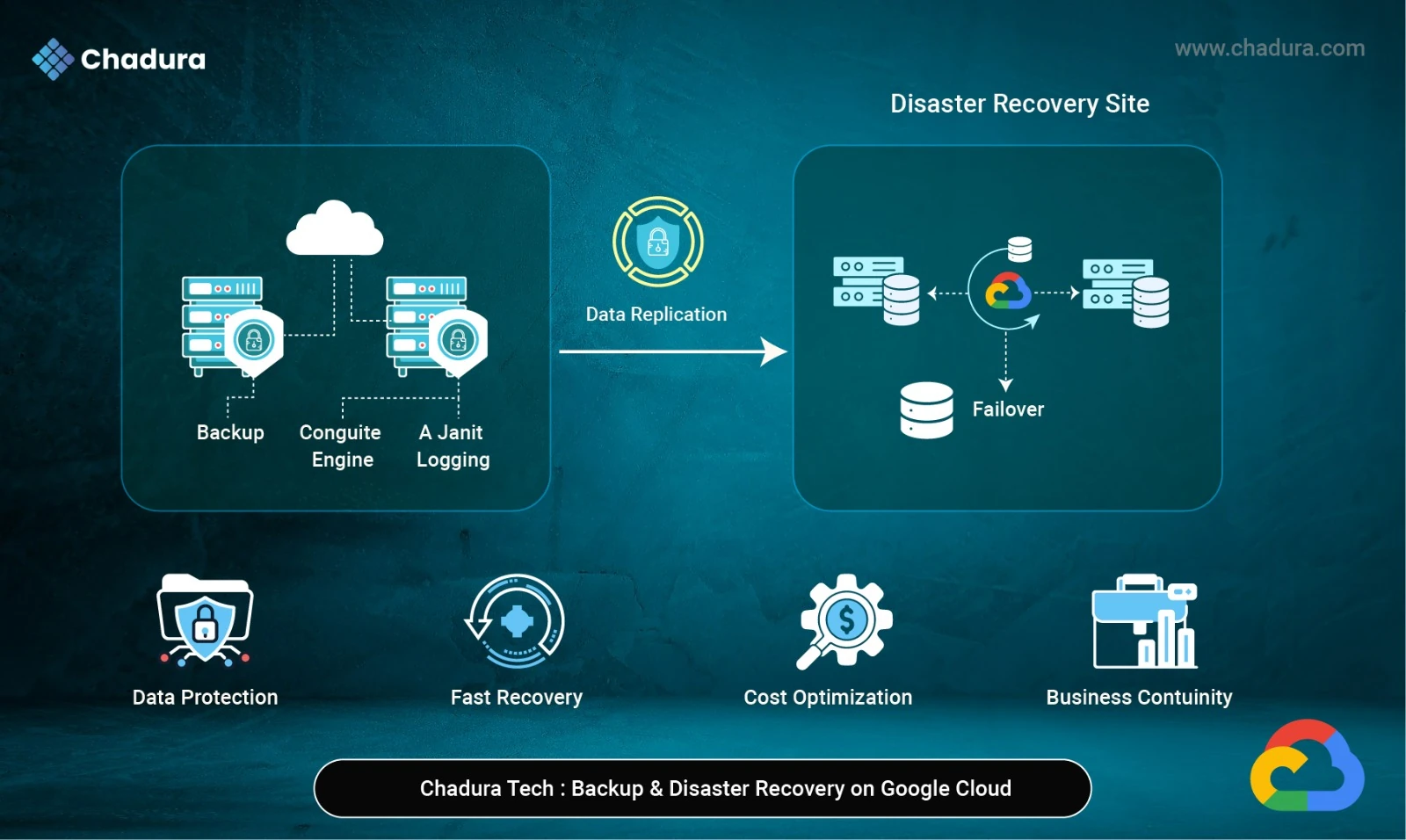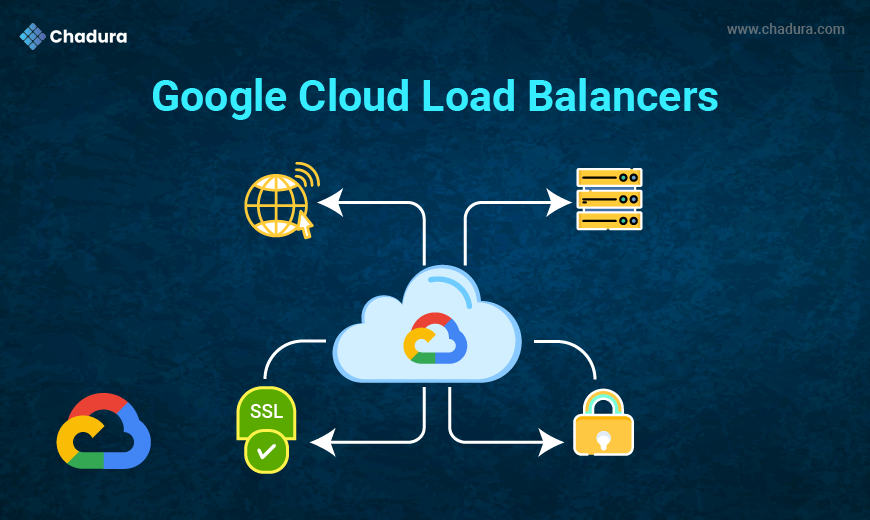Introduction: A Revolution at the Intersection of Quantum Physics and Artificial Intelligence
The 21st century has witnessed remarkable technological evolution — from cloud computing to artificial intelligence (AI), and now toward the powerful frontier of quantum computing. As we step into the next digital era, the convergence of these two transformative technologies — Quantum Computing and Artificial Intelligence (AI) — is set to redefine the boundaries of what machines can achieve. This intersection, often termed Quantum AI Computing, promises to revolutionize everything from cryptography and drug discovery to optimization, data analytics, and machine learning.
Quantum AI represents a paradigm shift — a leap from deterministic, classical algorithms to probabilistic, multidimensional models of computation. It’s not just an upgrade; it’s an entirely new computational philosophy.
1. Understanding the Foundations: What is Quantum Computing?
1.1 Classical vs Quantum Paradigms
Traditional computers operate on bits, where each bit is either a 0 or 1. Quantum computers, however, use qubits — quantum bits that can exist as both 0 and 1 simultaneously through a phenomenon called superposition. This allows them to process vast combinations of data at once.
In addition to superposition, entanglement — another quantum principle — allows qubits to be correlated in ways classical bits cannot. When qubits are entangled, a change in one immediately affects the others, regardless of distance, enabling exponential processing power.
1.2 The Core Principles of Quantum Mechanics
Quantum computing rests on several key quantum mechanical principles:
- Superposition – Qubits can represent multiple states simultaneously.
- Entanglement – Quantum states can be correlated across distances.
- Interference – Probabilities of qubit states can combine constructively or destructively to influence computation outcomes.
These principles give quantum computers the ability to solve complex, high-dimensional problems much faster than even the most advanced supercomputers.
2. Artificial Intelligence: The Brain Behind Digital Evolution
2.1 The AI Revolution
AI enables machines to learn from data, reason, and make decisions — simulating human-like intelligence. Through subfields like machine learning (ML), deep learning (DL), and neural networks, AI has transformed industries ranging from healthcare and finance to logistics and robotics.
2.2 The Limitations of Classical AI
Despite its achievements, traditional AI faces fundamental limitations:
- Computational bottlenecks: Training deep neural networks with massive datasets demands enormous processing power.
- Energy consumption: Large-scale AI models consume vast amounts of electricity.
- Optimization complexity: Many AI problems, especially in reinforcement learning and neural architecture search, are NP-hard — difficult for classical systems to solve efficiently.
These challenges create the perfect entry point for quantum computing.
3. Quantum AI Computing: A Perfect Symbiosis
3.1 The Concept of Quantum AI
Quantum AI combines the learning capabilities of artificial intelligence with the computational power of quantum mechanics. It leverages quantum algorithms to accelerate data processing, model optimization, and pattern recognition — enabling AI systems to handle tasks that are currently impractical for classical computers.
3.2 How Quantum AI Works
In Quantum AI:
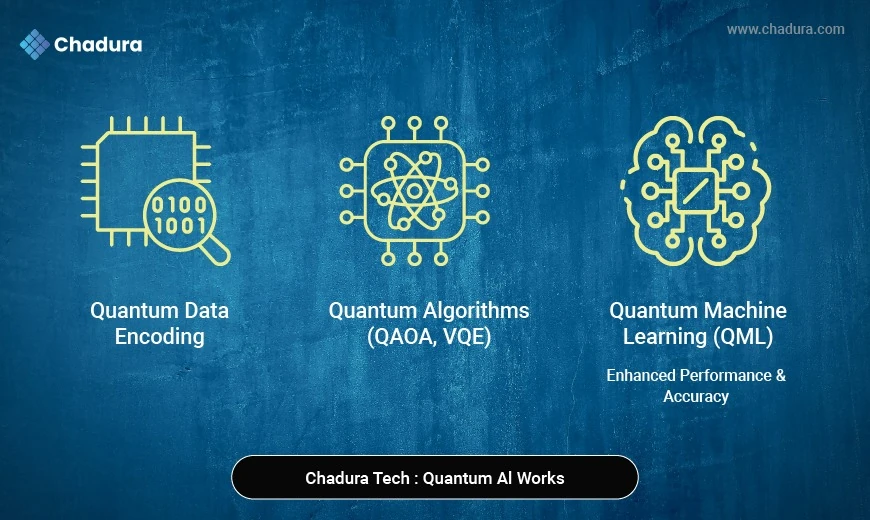
- Quantum data encoding represents classical data in quantum states.
- Quantum algorithms such as Quantum Approximate Optimization Algorithm (QAOA) and Variational Quantum Eigensolver (VQE) are applied for faster learning.
- Quantum machine learning (QML) merges quantum circuits with neural networks to enhance performance and accuracy.
3.3 The Promise of Exponential Acceleration
Unlike traditional AI models that process data sequentially, quantum AI can perform computations in parallel across multiple dimensions. This could reduce the training time of models from weeks to minutes — drastically accelerating innovation in every field.
4. Core Components of Quantum AI
4.1 Quantum Neural Networks (QNNs)
Quantum Neural Networks are analogous to classical neural networks but run on qubits and quantum gates. They can represent complex correlations and data distributions that classical networks struggle to model, leading to superior pattern recognition and inference.
4.2 Quantum Machine Learning (QML) Algorithms
Some of the most prominent quantum algorithms applied in AI include:
- Quantum Support Vector Machines (QSVM)
- Quantum Boltzmann Machines
- Quantum Reinforcement Learning
- Quantum Generative Adversarial Networks (QGANs)
These models enhance speed, accuracy, and dimensional understanding in learning tasks.
4.3 Quantum Data and Feature Encoding
A critical step in Quantum AI is encoding classical data into quantum states using amplitude or angle encoding. This enables AI algorithms to process information in quantum superposition, achieving parallelism at an unprecedented scale.
5. Applications of Quantum AI Across Industries
5.1 Healthcare and Drug Discovery
Quantum AI accelerates molecular simulations, enabling rapid drug discovery and protein folding predictions. For example, pharmaceutical companies can model molecular interactions at quantum precision, drastically reducing R&D time.
5.2 Financial Modeling and Risk Analysis
In finance, Quantum AI improves risk modeling, fraud detection, and portfolio optimization by evaluating thousands of probabilistic scenarios simultaneously — an impossible task for traditional systems.
5.3 Cybersecurity and Cryptography
Quantum AI can revolutionize cryptographic systems. Quantum cryptography ensures secure communication through quantum key distribution (QKD), while AI strengthens threat detection in evolving cyber landscapes.
5.4 Supply Chain and Logistics Optimization
Quantum AI helps solve complex optimization problems — like route planning, inventory management, and demand forecasting — improving global logistics efficiency.
5.5 Climate and Environmental Modeling
With vast environmental datasets, Quantum AI can simulate climate systems, optimize renewable energy grids, and predict environmental changes with unprecedented accuracy.
6. Key Players and Quantum AI Ecosystem
6.1 Leading Quantum Computing Companies
Several tech giants are pioneering Quantum AI research:
- IBM Quantum – Offers the IBM Quantum Experience and Qiskit framework.
- Google Quantum AI Lab – Achieved “quantum supremacy” in 2019.
- Microsoft Azure Quantum – Provides hybrid cloud quantum computing solutions.
- D-Wave Systems – Specializes in quantum annealing for optimization.
- Rigetti Computing – Focuses on quantum cloud infrastructure.
6.2 Startups Driving Innovation
Emerging startups like IonQ, Xanadu, and PsiQuantum are developing hardware and algorithms specifically designed for scalable quantum-AI integration.
6.3 Academic and Research Contributions
Universities such as MIT, Stanford, and ETH Zurich lead in quantum algorithm development and hybrid AI-quantum architectures, often collaborating with global industry leaders.
7. Challenges and Limitations
7.1 Hardware Instability
Quantum computers require near-zero temperatures and isolation from environmental noise. Quantum decoherence — the loss of qubit stability — remains one of the biggest obstacles.
7.2 Error Correction
Quantum operations are error-prone. Building fault-tolerant quantum systems demands complex error-correction codes, increasing resource requirements exponentially.
7.3 Data Representation Issues
Translating classical data into quantum states efficiently is still a challenge. Poor encoding can lead to inaccurate results and inefficient quantum computations.
7.4 Skill and Infrastructure Gaps
Quantum AI requires multidisciplinary expertise in physics, computer science, and mathematics. The lack of trained professionals and standardized frameworks limits mass adoption.
8. Quantum AI Software Frameworks and Tools
- Qiskit (IBM) – A Python-based open-source SDK for building quantum applications.
- Cirq (Google) – Focuses on quantum circuits for NISQ (Noisy Intermediate-Scale Quantum) devices.
- PennyLane (Xanadu) – Integrates quantum machine learning with TensorFlow and PyTorch.
- TensorFlow Quantum (TFQ) – A hybrid framework combining classical deep learning and quantum computing.
These tools form the software backbone of the growing Quantum AI development ecosystem
9. Quantum AI vs Classical AI: A Comparative View
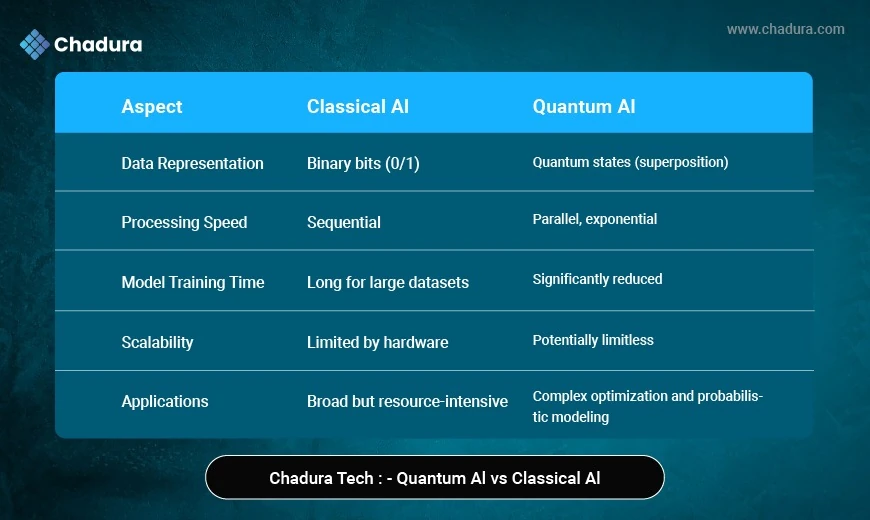
10. The Future of Quantum AI
10.1 Quantum Advantage in AI
As hardware matures, quantum advantage — the point where quantum systems outperform classical systems — will become reality. Quantum AI could enable models that reason probabilistically, learn faster, and generalize better.
10.2 Quantum Cloud Platforms
Tech companies are offering Quantum-as-a-Service (QaaS) platforms, allowing organizations to run quantum workloads without owning hardware. This democratizes access and accelerates adoption.
10.3 Ethical and Societal Implications
Quantum AI raises new ethical questions — from data privacy to algorithmic transparency and AI control. Governance frameworks will be essential to ensure responsible innovation.
11. The Road Ahead: Quantum AI and Global Transformation
Quantum AI represents the convergence of two revolutionary technologies — each capable of transforming industries alone but exponentially more powerful together. As quantum hardware matures, and AI algorithms evolve, this integration could redefine the limits of human knowledge, creativity, and problem-solving capacity.
The future may see quantum-powered neural networks discovering new medicines, optimizing planetary resources, and even contributing to space exploration. But beyond technology, Quantum AI symbolizes humanity’s relentless drive to understand and harness the universe’s deepest laws.
Conclusion: The Dawn of a Quantum-Intelligent World
Quantum AI is not a distant dream — it’s an emerging reality. Though still in its early stages, its potential is limitless. As quantum computers evolve from prototypes to practical systems, AI researchers and technologists will unlock capabilities that reshape the world.
From revolutionizing science and healthcare to redefining economics and governance, Quantum AI stands as the foundation of the next computational era — one defined by speed, precision, and infinite possibilities.


